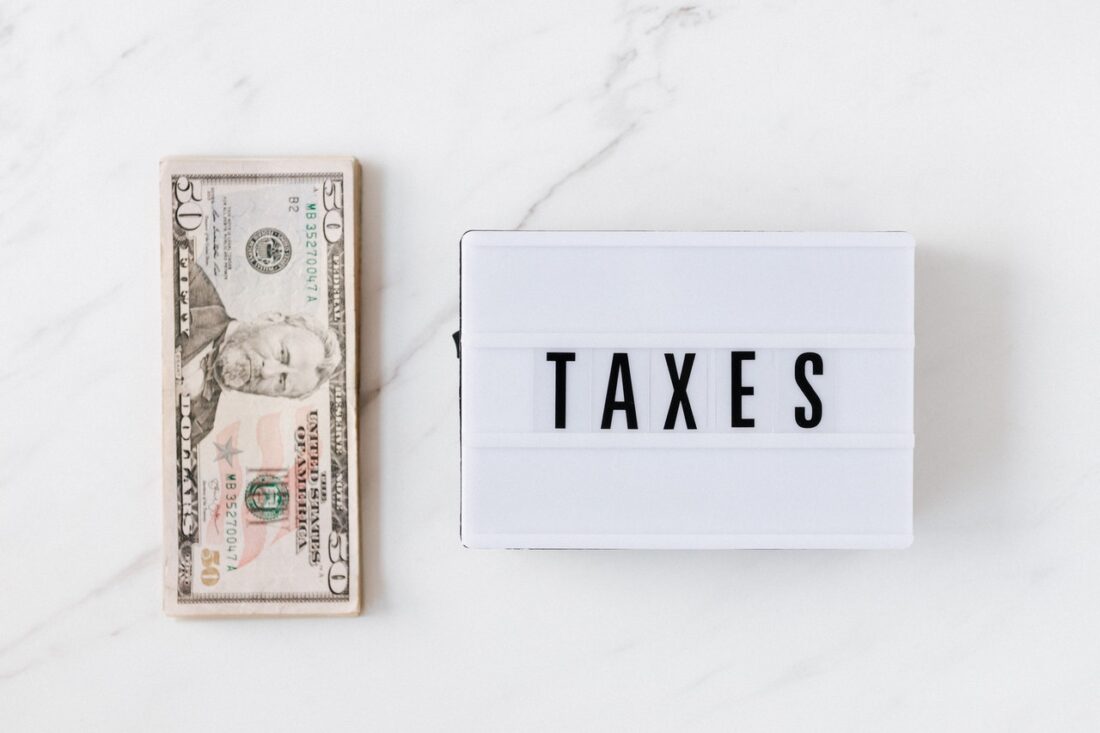 Many taxpayers are experiencing significant financial difficulties due to the economic flux caused by the COVID-19 crisis, and might require a tax filing extension above and beyond the new filing deadline. However, it is important to note that the tax filing extension does not extend to tax payments. In the following article, Optima Tax Relief reviews what taxpayers need to know about federal tax payments after applications for filing extensions are submitted.
Many taxpayers are experiencing significant financial difficulties due to the economic flux caused by the COVID-19 crisis, and might require a tax filing extension above and beyond the new filing deadline. However, it is important to note that the tax filing extension does not extend to tax payments. In the following article, Optima Tax Relief reviews what taxpayers need to know about federal tax payments after applications for filing extensions are submitted.
The majority of taxpayers’ federal and state tax filing deadlines have been extended to July 15, 2020 for the 2019 tax year. However, some taxpayers may need additional time to prepare and file their tax returns due to unforeseen challenges that may be related to the COVID-19 outbreak. If this is the case, taxpayers may request an extension to file, which gives taxpayers an October 15, 2020 deadline. The filing extension is not a payment extension – taxpayers must pay all taxes due for the 2019 tax year by July 15th. The deadline to file an extension for the 2019 tax year is July 15th.
How to Request a Filing Extension
To achieve a filing extension, taxpayers have to perform one or both of the following actions:
- Use Free File, tax software packages, or the services of a tax preparation professional to file Form 4868.
- Pay all or part of the tax obligation using an electronic payment process and choose Form 4868 as the payment type. Taxpayers may choose to enroll in the Electronic Federal Tax Payment System for this purpose.
When a taxpayer submits their tax payment on or before the deadline, an extension will automatically process. Although the IRS has begun to process paper tax returns delivered by mail, the processing time is longer than with the electronic filing options. Taxpayers who have sent a paper return by mail that has not yet been processed are advised not to file a second tax return or contact the IRS to check their acceptance or processing status.
To learn more about filing your 2019 federal tax return or about any tax-related issues, please visit the irs.gov home page.
Sponsored content







